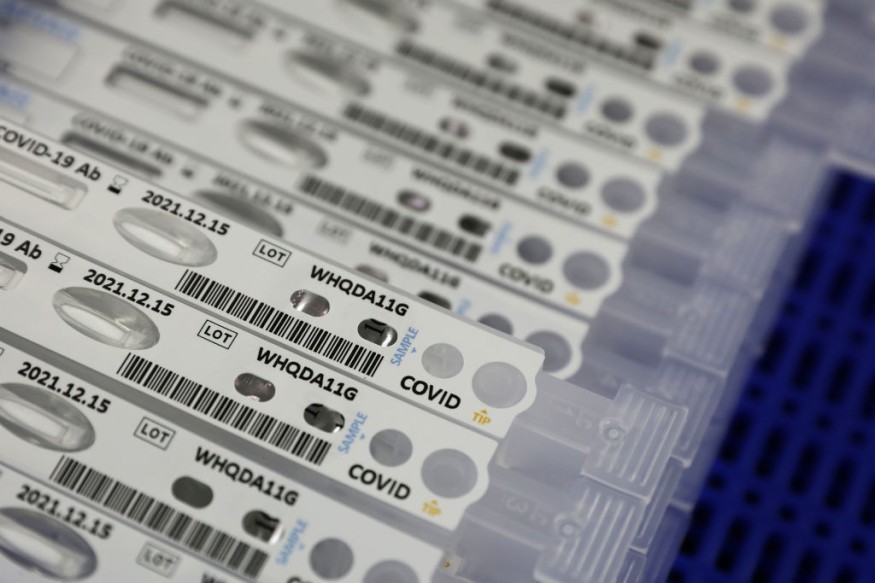New Guidelines From CDC Lets COVID-19 Patients Come Out of Isolation Even Without Retesting

The U.S. Centers for Disease and Control Prevention (CDC) released new guidelines that allow most patients recovering from COVID-19 to stop self-isolating even without testing negative for the virus.
Federal health officials on Wednesday said patients could come out of quarantine if they no longer have symptoms after ten days. Coronavirus-infected individuals can also end isolation after ten days if they had not had a fever for 24 hours without taking fever-reducing medicine.
The guidelines also say that people who believe they recovered from the novel coronavirus do not need to retest or self-isolate if exposed to another infected individual.
The recommendations will serve as guidelines for health policymakers, medical professionals, and patients. The revisions aim to provide relief to the country's testing system that has been overwhelmed by the recent surge of coronavirus cases.
Previously, patients had to test negative twice. The diagnostic tests were taken 24 hours apart. However, the country has been facing delays in testing. Some parts of the United States experience up to two weeks without tests or results.
The C.D.C. said multiple studies show that people who developed mild symptoms are seldom infectious ten days after they first became ill. Public health experts said the changes were safe.
Who would not be affected by the new guidelines?
The C.D.C.'s recent recommendation does not affect people who were asked to self-quarantine for two weeks after arriving in a state or a new country. It also does not affect those who were encouraged to observe isolation for 14 days after being exposed to a known case, the New York Times reports.
Some experts speculate the recent guidelines may also lead to a shorter quarantine period for visitors from foreign countries. The U.S. State Department will ultimately make the decision.
What is the COVID-19 situation in the U.S.?
The United States has become the hardest-hit country in the world. As of Thursday, health officials have reported over 4,100,875 confirmed cases, with deaths hitting 146,183. A recent study conducted by the C.D.C. shows the exact number of the coronavirus cases in the nation might be six to 24 times higher than reported. '
The study relied on data from different cities and states. It also included results from serological tests. The testing system screens the blood for antibodies, which act as markers to show who was previously infected. The report was published in Jama Internal Medicine.
The study was based on the test results of more than 16,000 people across ten sites. However, the samples were collected between March and April.
The data underscored two points. First, testing in the country does not fully capture the scope of the virus. It also showed that hard-hit communities have yet to reach a herd immunity threshold. Herd immunity means there are enough people who are immune to the infection to act as a buffer to slow down the spread of the virus.
Want to read more? Check these out:
Subscribe to Latin Post!
Sign up for our free newsletter for the Latest coverage!

















